English Heritage & Farmland Museum Trust.
Denny Abbey was founded in 1159 as a Benedictine monastery, then it became a retirement home for elderly Knights Templars. After the Templars’ suppression for alleged heresy in 1308, it passed to the Countess of Pembroke, who converterd part into a house and the rest into a convent for “Poor Clare” Franciscan nuns. The convent was disolved by Henry VIII in 1539, and the buildings became a farm till the 1960’s.
Today, the additions of later centuries have been stripped back, and the structure displayed as a relic of the pre-dissolution period. The nun’s refectory building, later used as a barn, still stands.
Alongside, the Farmland Museum has Walnut Tree Cottage, furnished as a labourer’s home of the 1940’s, and a fenman’s hut, blacksmith’s and wheelwright’s workshops, a village shop display and many other relics of Cambridgeshire village life.
The Abbey building is quite interesting. Though parts are little more than a shell, it’s possible to look at some rooms upstairs.
Walnut Tree Cottage is worth seeing. An authentic interior has been re-created, and its awfulness, without any modern conveniences, with dimly lit bedrooms and authentic damp, should serve as an antidote to any romanticising of rural cottage life! The other Farmland Museum exhibits are also of interest.
English Heritage members can visit the Abbey free, but still have to pay a modest charge to visit the Farmland Museum.
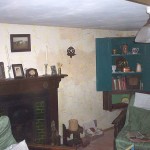
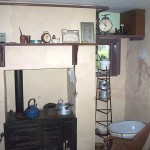
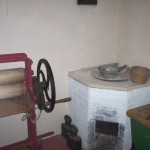
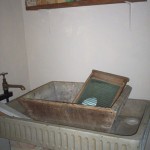
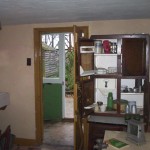
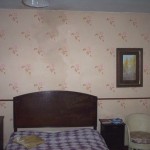
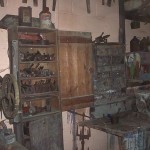
Skip to content
Author Kim J Cowie's travel blog
